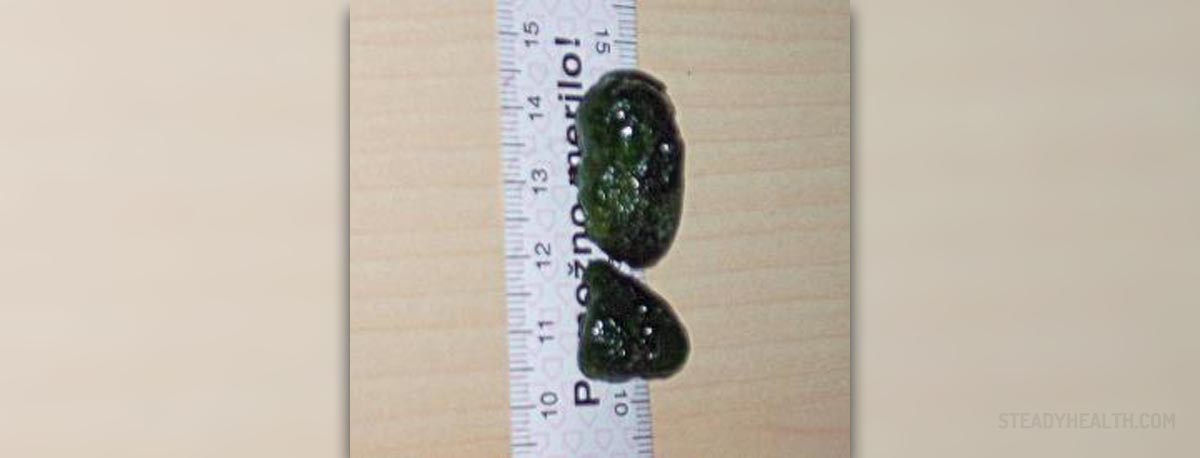
Gallbladder is an internal organ located below the liver. This small, sack-shaped organ stores bile, which is a greenish or brownish liquid produced by the liver. Bile, which assists in the digestion of fats and other substances, contains salts, cholesterol and waste products.
Gallstones
In certain cases, some of the substances in the bile, specifically bile salts or cholesterols, harden and form something that resembles a stone. These pebble-like formations can be located in the gallbladder or in the bile ducts, and they cause obstruction which leads to inflammation of the liver, the pancreas or the bile ducts.
A gallbladder attack, which is caused by the presence of gallstones, is characterized by pain in the upper abdomen or under the right shoulder, fever, nausea, indigestion, diarrhea or belching.
Women are at higher risk of developing gallstones than men, and the risk, in both sexes, increases with age. There are certain risk factors, which include obesity, sudden weight loss, pregnancy, hormone replacement therapy, oral contraceptives, Crohn’s disease and increased levels of triglycerides. Other than that, certain foods can increase the risk of developing gallstones, while others actually help prevent them.
Foods that cause gallstones
High fat intake and low fiber intake are directly responsible for the onset of gallstones and they should be avoided. This includes animal fats and dairy products. In order to prevent gallstones, it is recommended to avoid meats such as pork and beef and fats like butter and lard, dairy products, especially whole milk and cheeses, mayonnaise, margarine, refined carbs, deep-fried foods, carbonated drinks, coffee, tea, eggs, sugary foods and certain fruits and vegetables like oranges, grapefruit, cabbage, cauliflower and legumes.
Recommended foods
People who suffer from gallstones should include more foods of plant origin in their diet. It is best if the food is very high in fiber. Vegetarian diet is often the best solution for gallstone patients.
Some of the most recommended foods are broccoli, spinach, mustard greens, kale, celery, horseradish, radishes, garlic, beets, carrots, lemons, apples, watermelons and water chestnuts. It is also allowed to have some lean meats, such as turkey, chicken and fish.
It is also important to include good sources of protein in the diet, especially if the meat is completely excluded. Good sources of protein include soybean products like tofu, legumes such as red kidney beans, lima beans and lentils, and whole grains as well. Soaked grains and sprouts are also very good in prevention of gallstones.
As for the dairy products, it is allowed to have some low fat yogurt, kefir or cottage cheese.


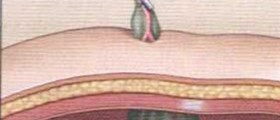
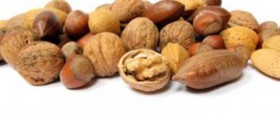
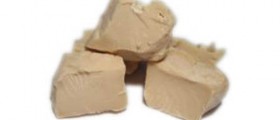

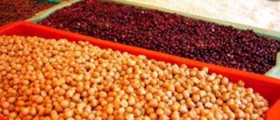

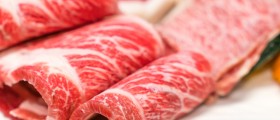

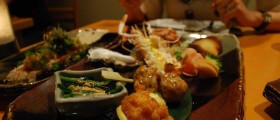
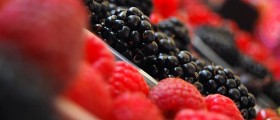
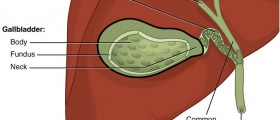
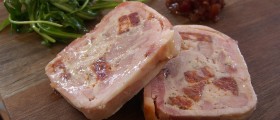

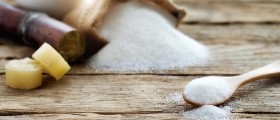
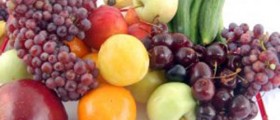
Your thoughts on this
Loading...